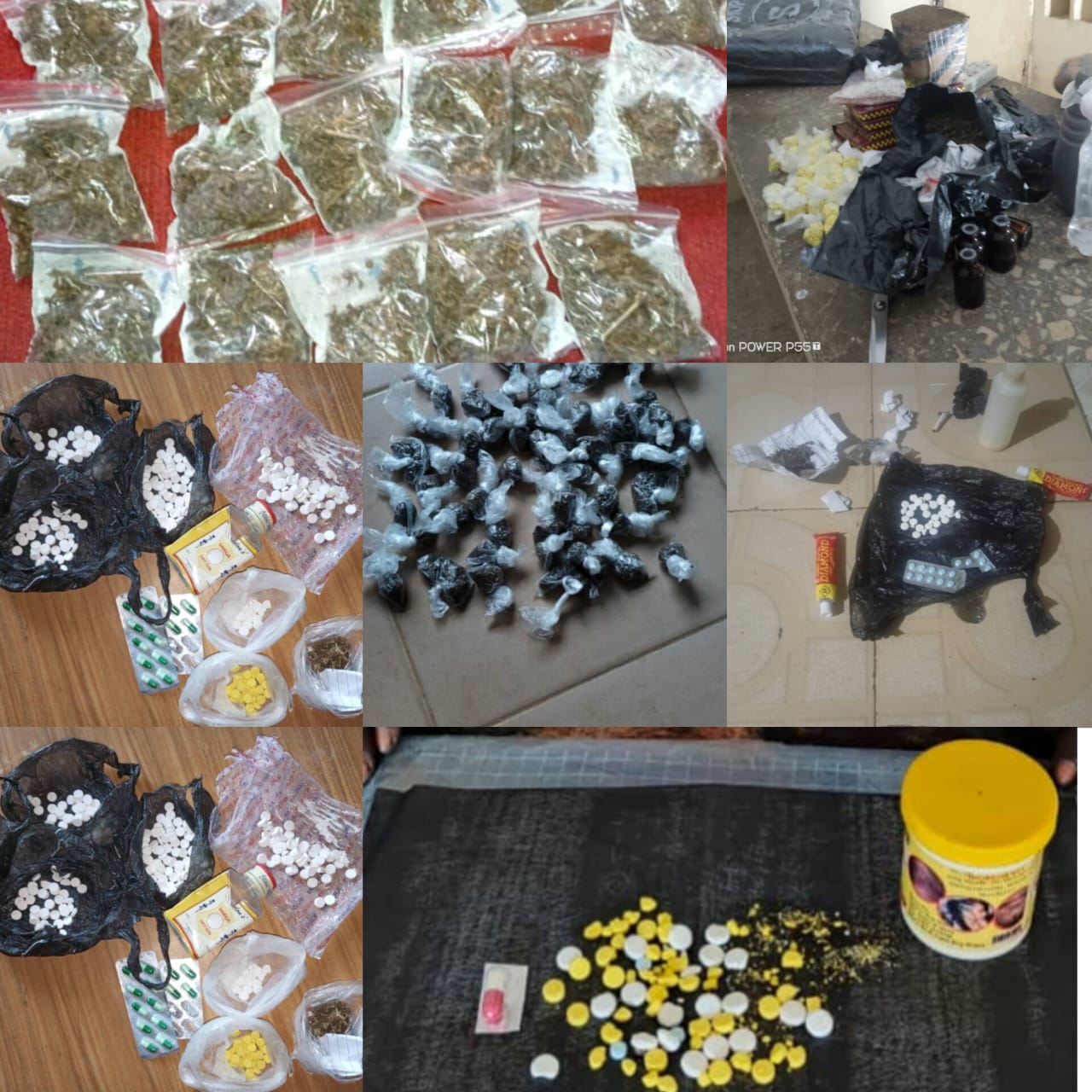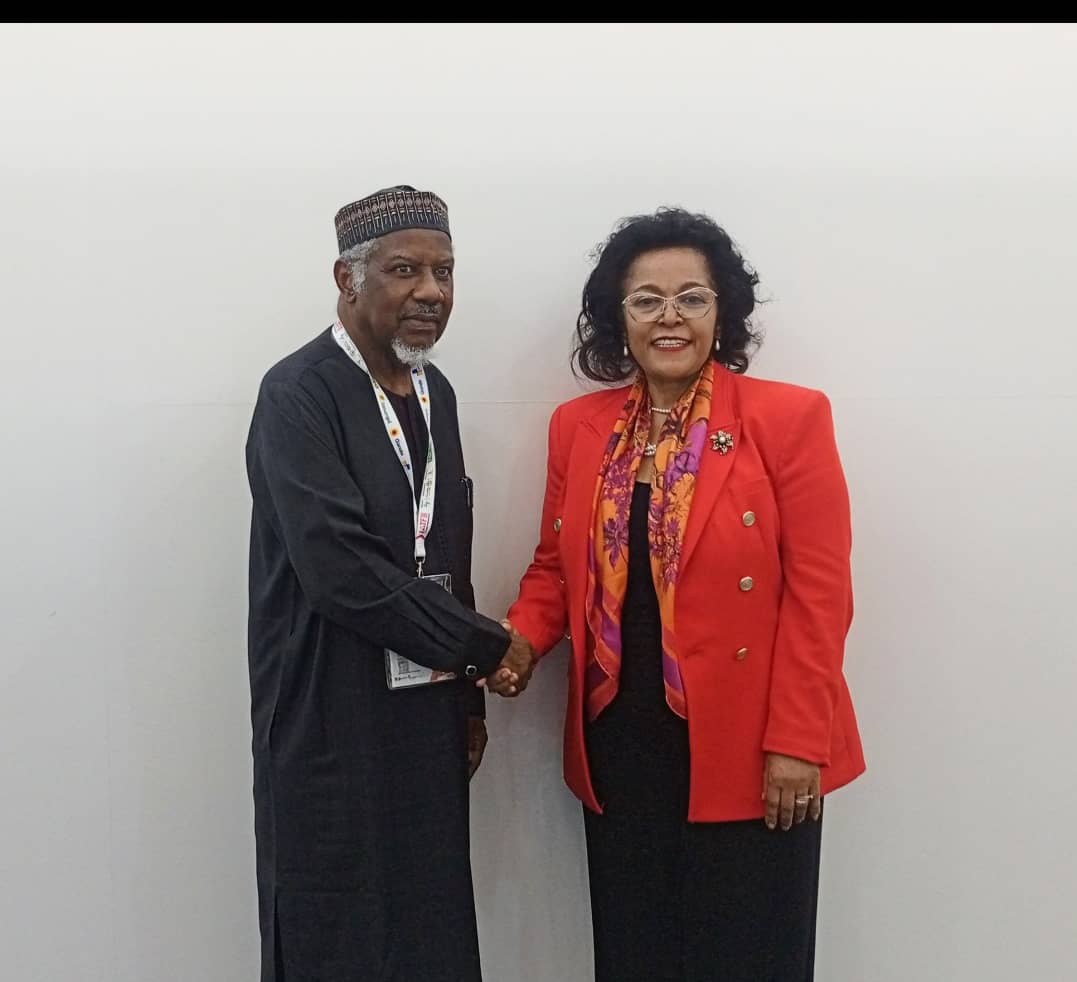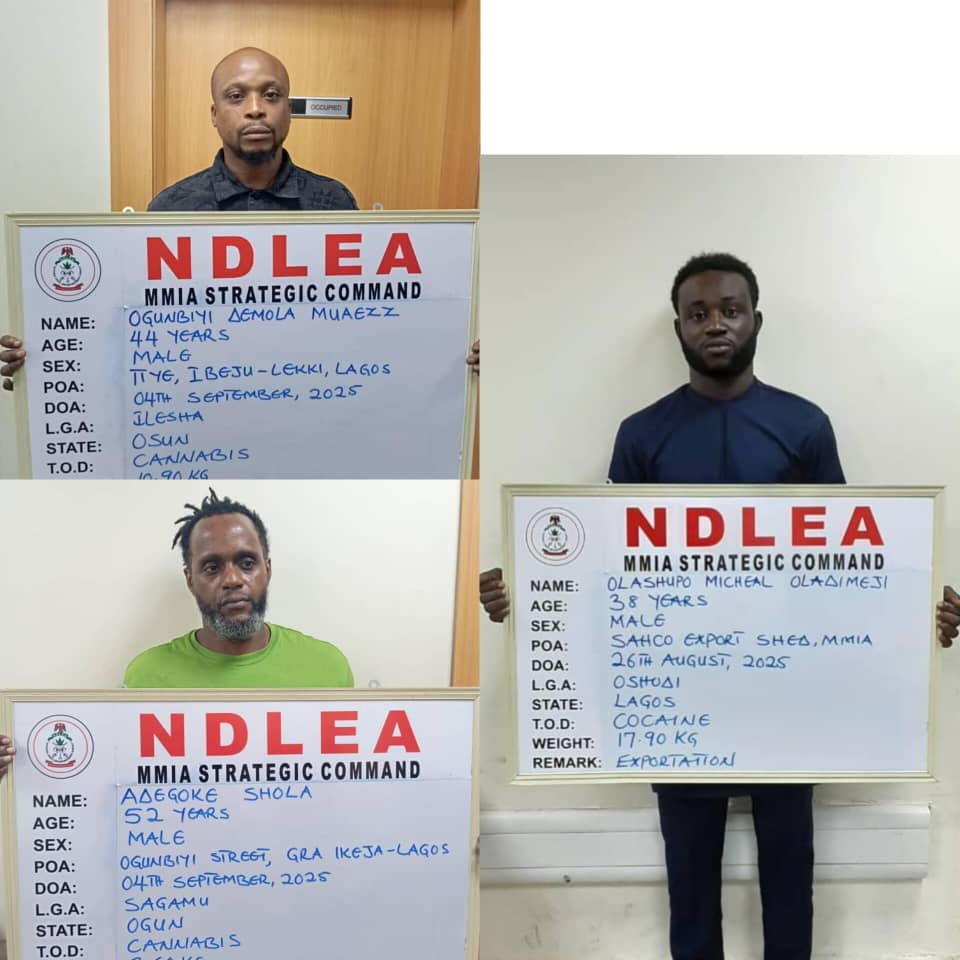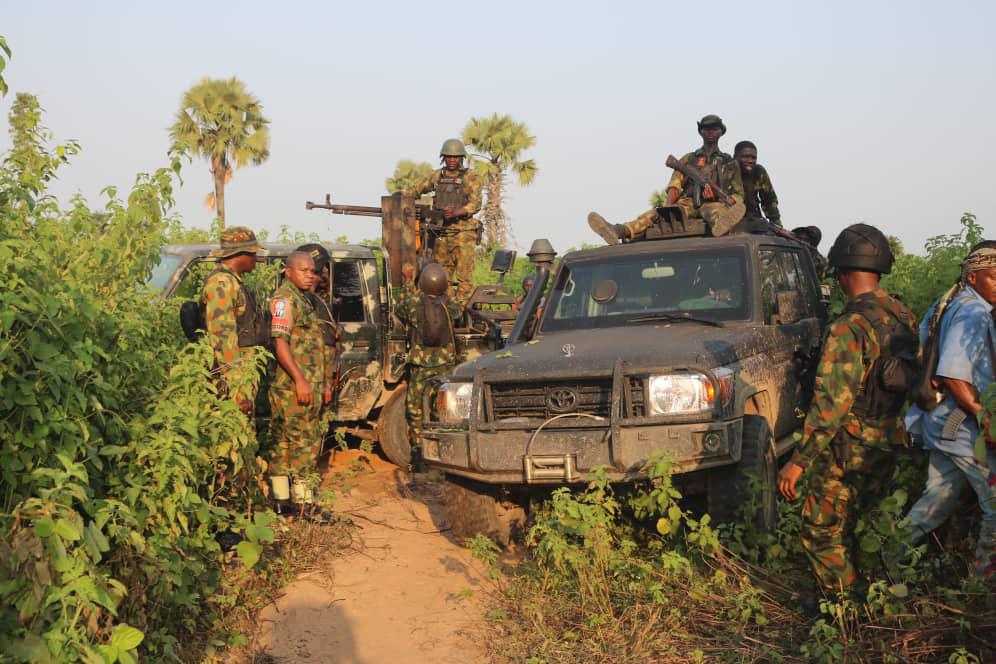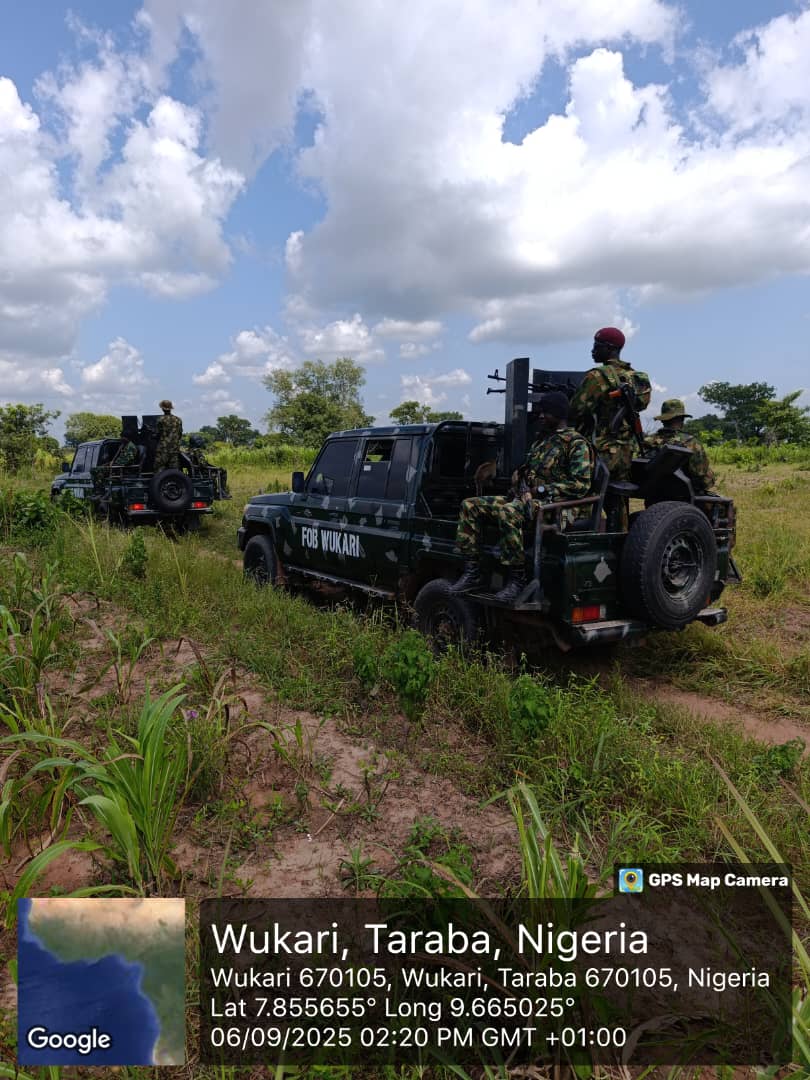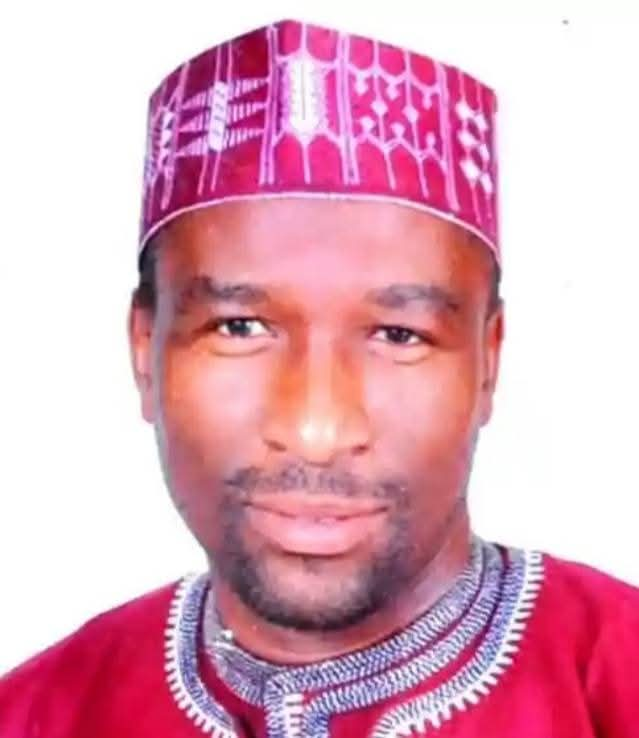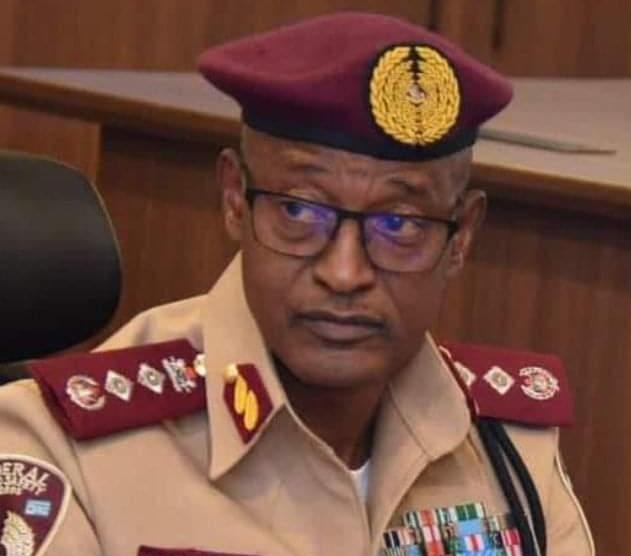By Muhammad Rabi’u Isah
Overview of the Crisis
Reckless and dangerous driving remains one of the most pressing challenges facing Kano State. Both commercial and private vehicle operators frequently disregard traffic regulations, leading to tragic loss of lives, serious injuries, and significant economic setbacks.
Read Also: Gov. Yusuf Declares Monday as Public Holiday to Symphathize with Families of Bereaved Kano Athletes
This widespread non-compliance contributes to increased traffic crashes, congestion, and other negative outcomes that hinder effective traffic management and control.
Alarming Trends in Road Traffic Crashes
Recent reports highlight the severity of road traffic incidents in Kano and across Nigeria. Reckless driving behaviors, such as overloading, excessive speeding, mobile phone use while driving, route violations, and driving against one-way traffic, have been identified as primary causes of accidents.
https://frsc.gov.ng/home
According to the Federal Road Safety Corps (FRSC) in its Road Traffic Crashes (RTC) Annual Report released in July 2025 at its headquarters in Abuja, there has been a notable rise in crashes and fatalities nationwide during the first half of 2025:
– 5,281 crashes occurred between January and June, involving 39,793 people
– 2,838 lives lost, while 17,818 individuals were rescued
– This represents a 3.9% increase in crashes and a 2.2% rise in fatalities compared to the same period in 2024.
Year-on-Year Comparisons
– In 2024, 5,421 people were killed in road traffic crashes, compared to 5,081 deaths in 2023 a 7% increase
– A total of 70,530 people were involved in crashes in 2024, up from 70,092 in 2023, marking a 1% rise
– Notably, 411 deaths in 2024 (representing 7.6% of total fatalities) were attributed to secondary causes such as fuel tanker explosions, rather than direct collisions
Human Factors: The Leading Cause
In a conversation with Justice Watch News, CRC Abdullahi Labaran, Public Relations Officer of the FRSC Kano State Sector Command, emphasized that human factors account for 60% of road traffic crashes, according to the agency’s annual report.
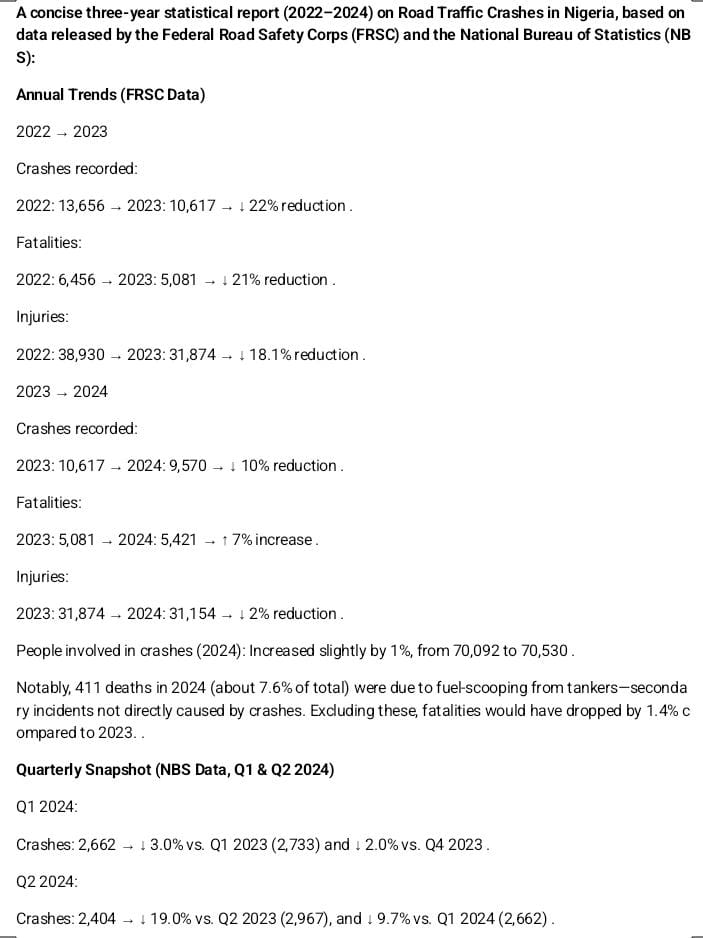
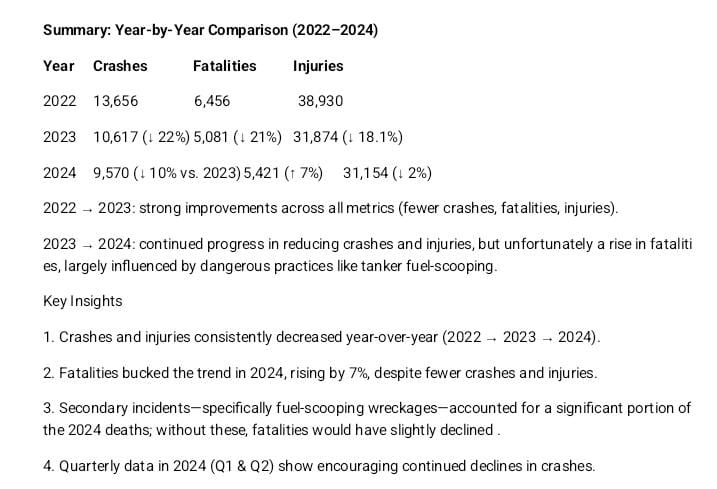
Key human-related causes include:
– Reckless driving
– Over-speeding
– Dangerous overtaking
– Underage driving
– Mobile phone use while driving
– Overloading
Mr. Labaran noted that the term “road crash” is preferred over “accident,” as these incidents are largely preventable and stem from human error.
Technical and Environmental Factors
Beyond human behavior, other contributing factors include:
Technical Issues:
– Brake failure
– Tire bursts
– Mechanical faults
Weather Conditions:
– Rainfall reduces tire grip, especially when mixed with oil or dust
– Fog and mist impair visibility
– Strong winds, thunderstorms, and dust storms (sandstorms) pose additional hazards
– Extreme heat can cause tire blowouts, especially if tires are over-inflated or worn
Expert Insight
Professor Bala Saleh Dawakin Tofa of the Sociology Department, Bayero University Kano, expressed concern over drivers’ attitudes on the road.
He commended the Kano State Government for its commitment to addressing the menace and improving road safety.
Expert Perspectives on Root Causes
Professor Bala Saleh Dawakin Tofa of Bayero University Kano attributes the rapid increase in Road Traffic Crashes (RTC) to political impunity and societal disregard for lawful conduct.
Read Also:Sports Delegation Tragedy: FRSC Boss Visits Kano, Offers Condolences
He emphasized that many individuals deliberately avoid doing what is right, contributing to the breakdown of traffic discipline.
Additional factors include:
– Drug abuse, particularly among youth
– Rush hour pressures in the mornings and evenings
– High population density and the presence of nearly eight universities and numerous tertiary institutions
– Commercial competition, especially among tricycle (Keke Napep) drivers, intensifying reckless behavior in pursuit of daily income
Voices from the Community
Aisha B. Alhasan, a resident of Dorayi in Gwale LGA, highlighted the link between reckless driving and government negligence. She criticized the lack of:
– Proper road signage
– Maintenance of potholes
– Enforcement of laws against overloading
“You see people and property crammed into vehicles like animals,” she lamented.
Malam Rabiu recounted being hit by a young driver using a mobile phone while driving in Dorayin Karshen Waya. His motorcycle was damaged, and he sustained serious injuries.
He expressed frustration that such incidents are often dismissed as “destiny,” rather than holding the driver accountable.
Religious Insight on Accountability
Sheikh Salisu Abdulmumin Gidan Jakada, an Islamic scholar, cited the Qur’an (Chapter 4, Verse 93) to emphasize the moral and spiritual consequences of reckless driving:
“If a man kills a believer intentionally, his recompense is Hell… and a dreadful chastisement is prepared for him.”
He explained that reckless driving, defined as acting without regard for consequences is a form of intentional harm when it leads to injury or death.
Tricycle Drivers and Traffic Violations
Tricycle (Keke Napep) drivers are frequently cited as major violators of traffic rules in Kano Metropolis. Interviews conducted at five junctions, namely: Kwanar Ganduje, Yahaya Gusau by Sharada, and Tarauni, revealed:
– Disregard for traffic lights
– Wrong parking
– Stopping randomly to pick or drop passengers
Ado Coach, a commuter, noted that tricycle drivers only obey traffic laws when law enforcement officers are visibly present.
Malam Saidu added that their erratic driving patterns often suggest drug influence.
Common Themes in Crashes
– Primary Causes: Human errors such as traffic violations, over-speeding, overloading, driver fatigue, mobile phone use, and poor road conditions
– Secondary Causes: Weather-related factors including rain, fog, dust storms, extreme heat, and fallen fuel tankers
Enforcement and Government Action
In August 2025, Governor Abba Kabiru Yusuf mandated strict compliance with traffic laws. Key measures include:
– Empowering KAROTA and FRSC to penalize violators
– Warning political appointees against interfering with enforcement
– Intensifying patrols, surveillance, and public awareness campaigns.
Read Also: Fatal Road Traffic Crash Along Kano-Kaduna Claims 21 Lives
Aisha B. Alhasan recommended:
– Installing CCTV in all parks to monitor vehicle movement and overloading
– Ensuring Vehicle Inspection Officers (VIOs) inspect vehicles before departure
– Strengthening road agencies to fulfill their mandates
Challenges Identified
– Weak enforcement coordination
– Poor road infrastructure
– Lack of mobile courts
– Public distrust due to extortion and bribery
Recommendations for Reform
To mitigate reckless driving and reduce RTCs in Kano State, a multi-pronged strategy is advised:
1. Public Awareness
– Engage road unions (NURTW, Adaidaita Sahu, Taxi drivers)
– Conduct seminars, workshops, radio campaigns, and school outreach
– Promote messages against over-speeding, overloading, and phone use while driving
2. Infrastructure Improvements
– Upgrade road markings and traffic lights, especially at high-risk intersections
– Expand Governor Abba’s infrastructure investment
– Install functional traffic lights and signage
3. Policy and Enforcement
– Enforce Senate Bill SB 655 (2025) for articulated vehicles
– Establish weight stations to prevent overloading
– Create mobile courts and joint task forces (KAROTA, FRSC, Police)
– Deploy speed cameras, automated license plate readers, and weigh bridges.

